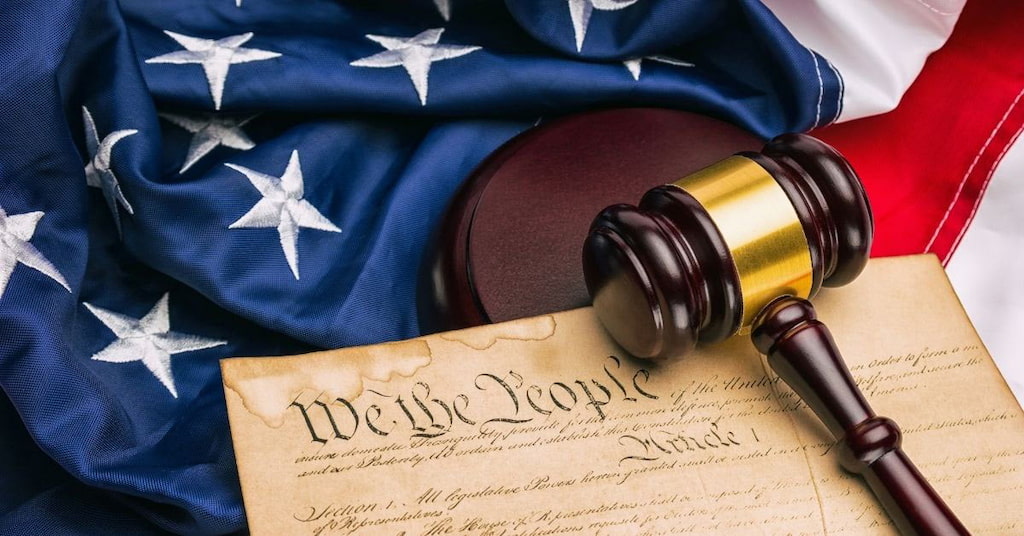Remember the Eleventh Amendment? You know, the constitutional amendment that prohibits the federal courts from hearing certain lawsuits against states? If you clear out the cobwebs that have formed since your 1L year, you’ll remember that the Eleventh Amendment ensures that states retain their sovereign status within the federal system. As a result, states are generally immune from suits brought by private parties and foreign governments in federal court. This immunity also extends to suits brought against a state official for violating a federal law—with some exceptions (see table below).
However, Eleventh Amendment immunity does not extend to any of the following:
- suits brought by the United States or another state
- suits asserted against a local government (e.g., city, county)
- suits initiated in bankruptcy court.
UWorld condensed the nuances of state immunity under the Eleventh Amendment into the following table:
| Eleventh Amendment (state immunity from suit in federal court) | |
| Immunity applies |
Exceptions:
|
| No immunity |
|
Remember that Congress cannot override a state’s Eleventh Amendment immunity through its enumerated powers (e.g., power to regulate interstate commerce, power to protect copyrights and patents). However, it can abrogate or repeal a state’s immunity by clearly acting to enforce any of the Civil War Amendments, which are described in the following table:
| Civil War Amendments | |
| Thirteenth | Prohibits slavery & involuntary servitude |
| Fourteenth | Prohibits denial of equal protection, due process, or privileges/immunities of national citizenship |
| Fifteenth | Prohibits denial or abridgment of voting rights based on race, color, or previous servitude |
Now that you’re caught up on state immunity under the Eleventh Amendment, go tackle some constitutional law questions in the UWorld MBE® QBank! Click here to access our QBank or purchase a subscription.
